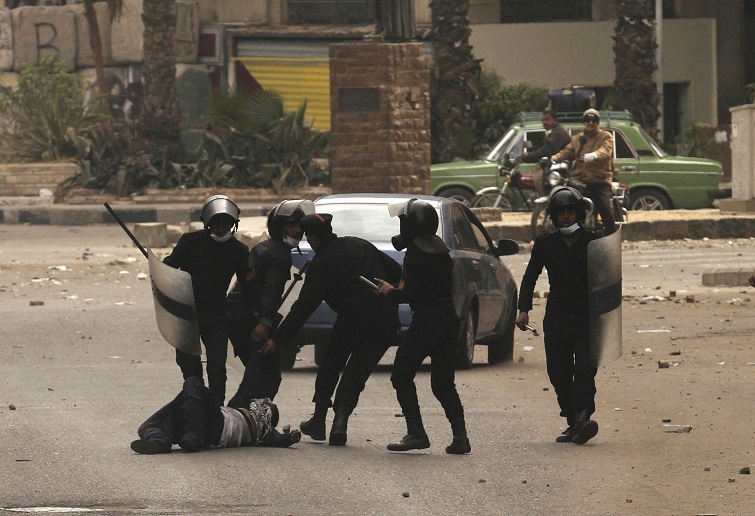VENICE: Darren Aronofsky’s “The Wrestler, starring gritty survivor Mickey Rourke, won the coveted Golden Lion at the Venice film festival on Saturday.
“I’d like to really thank the jury for making the right decision, said Rourke, 51, making a comeback after years in the cinema wilderness with his performance as a has-been professional wrestler.
Aronofsky dedicated the award “to all the wrestlers we met along the way who are making 200 dollars a night and are willing to sacrifice their bodies and their souls for it.
The film mirrors Rourke’s real-life experience as a boxer in the early 1990s and his regrets over an acting career that he says he “threw away 15 years ago.
Aronofsky said: “We need to thank Mickey Rourke for opening up his heart and soul for the camera … and reminding the world what a great talent he is.
Formidable with long blond hair that he dyes to keep the grey out, Rourke’s character, whose stage name is Ram, has been around so long that kids can buy action dolls and video games featuring his stunts.
After a heart attack reduces him to working at a supermarket deli counter, serving “hot horny housewives begging for your meat in the words of his boss, Ram throws caution to the wind and climbs into the ring for more abuse and adulation.
Reflecting on his patchy career – though talk of a comeback began with his role as a hardened ex-con in the 2005 crime thriller “Sin City – Rourke said: “Feeling shameful is not a good feeling, and usually you’re to blame for it.
The Silver Lion for best director went to Russia’s Aleksei German jr. for “Paper Soldier, a recreation of the Soviet effort to put the first man in space in 1961 – Yuri Gagarin – centered on the cosmonaut squad’s chief doctor.
Set mainly in desolate Kazakhstan but far from the high-tech control center and launchpad, the film shows behind-the-scenes hardships and follies, becoming a parable of Soviet nationalism while unmasking a yearning for a grander past.
The award for best actor went to Italian veteran Silvio Orlando for his role as the hapless father in “Il Papa di Giovanna, a Mussolini-era tragedy by Pupi Avati.
A pivotal act by daddy’s girl Giovanna all but destroys her already tenuous relationship with her mother and lands her in a psychiatric hospital as Allied bombs begin to rain down.
French actress Dominique Blanc walked away with best actress for her role in “L’Autre by Patrick Mario Bernard and Pierre Trividic.
She plays a woman who treasures her independence but becomes insanely jealous of her ex-boyfriend’s new love. “It’s with great emotion, and great joy, this is a fabulous honor, Blanc said as she accepted the award.
The festival’s Marcello Mastroianni award for the best young actor or actress was awarded to Jennifer Lawrence for her role as a teenager with a terrible secret in the drama “The Burning Plain by Guillermo Arriaga.
The special jury prize went to Ethiopian filmmaker Haile Gerima, 62, for “Teza, his attempt to reconcile an idyllic childhood with modern realities in the Horn of Africa country when it was under the heel of the dictator Mengistu.
The film also won a nod for the screenplay that contrasted life in a remote Ethiopian village with the hubbub of modern Germany.
Recalling his uphill struggle for financing, stretching over 14 years, Gerima thanked festival director Marco Mueller for including this “little film from nowhere among the 21 entries in this year’s competition.
The 65th edition of the world’s oldest movie competition had critics fuming over the quality of the films on offer.
Many panned the much-anticipated thriller by Iranian-born French director Barbet Schroeder, “Inju, the Beast in the Shadow, set in Japan, and a gangster movie set in Brazil, “Plastic City by Hong Kong’s Yu Lik-wai.
Mueller, beginning his second four-year mandate, defended the selection, describing the films as “the best that are out there. -AFP


